Use AMD FSR to Upscale Your Own Images
Enabled via Command-Line-Interface and available on GitHub.
AMD FidelityFX Super Resolution (AMD FSR) came out this year as an open-source, Team Red alternative to Nvidia's Deep Learning Super Sampling (DLSS) rendering technology that only works with Nvidia GPUs. AMD has now made another potential use for FSR: standalone image upscaling.
Rys Sommefeldt, a graphics architect working with AMD, this month posted an open-source Command-Line-Interface (CLI) tool that lets you run any image through FSR.
You'll need to run two commands, which will apply the Edge-Adaptive Spatial Upsampling (EASU) and Robust Contrast Adaptive Sharpening (RCAS) that make up FSR across two passes. Additionally, you can customize the level of sharpness during the RCAS pass in 0.1 increments. Next, the resulting image is saved to the desired final location in all its upscaled glory.
Practical uses, you ask? Well, one could use this tool to take a peek at how a given game would look with AMD FSR support. For example, you could take an in-game screenshot with a render target of 1080p resolution and then upscale it to 4K.
Perhaps more useful, you could also upscale any image you have with an AMD-designed algorithm.
So what should you expect from this FSR tool in its current state? And how does it compare, say, to one of the best-regarded paid, professional solutions that are currently on the market? Let's see.
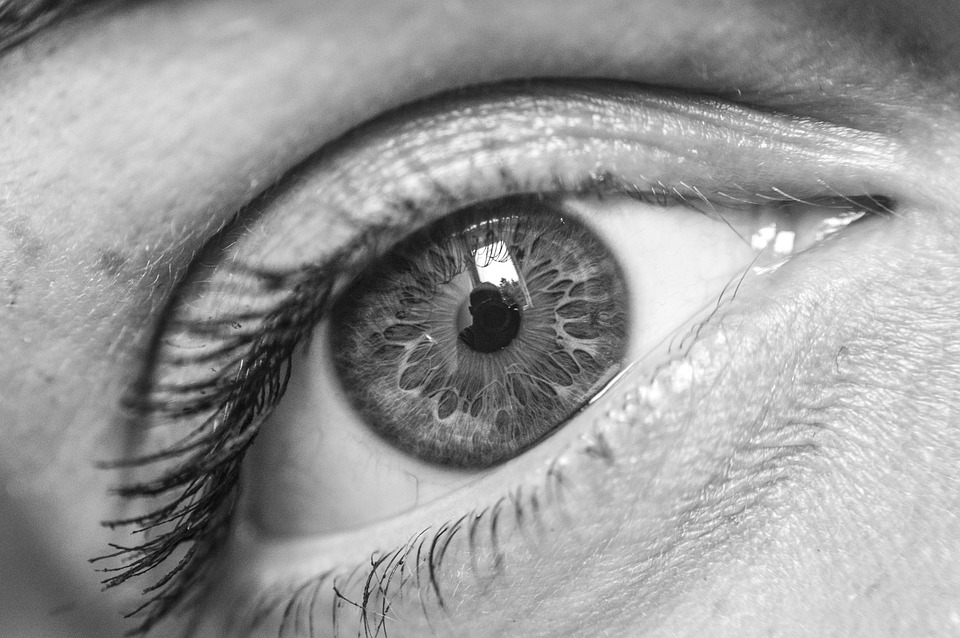
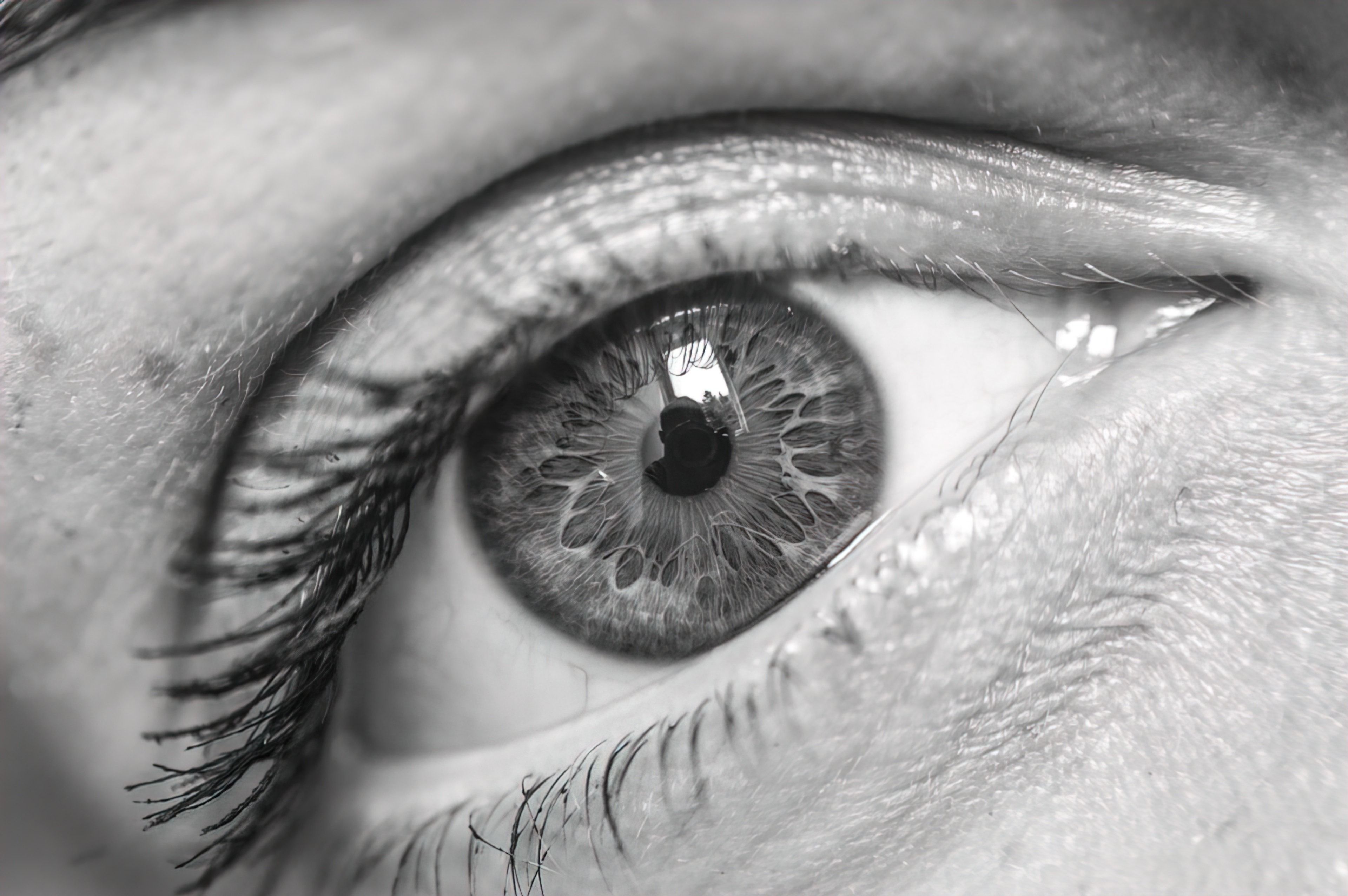
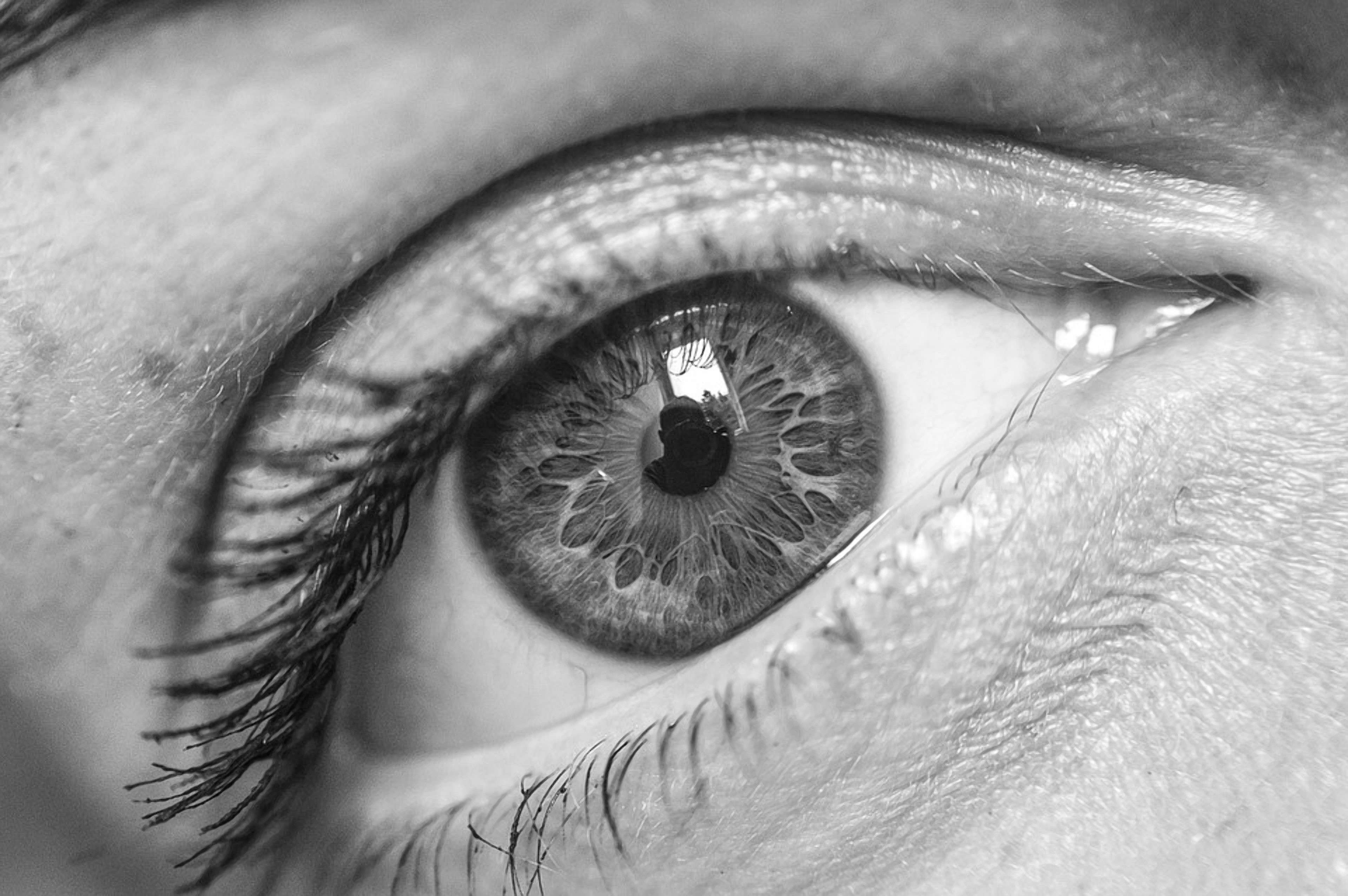
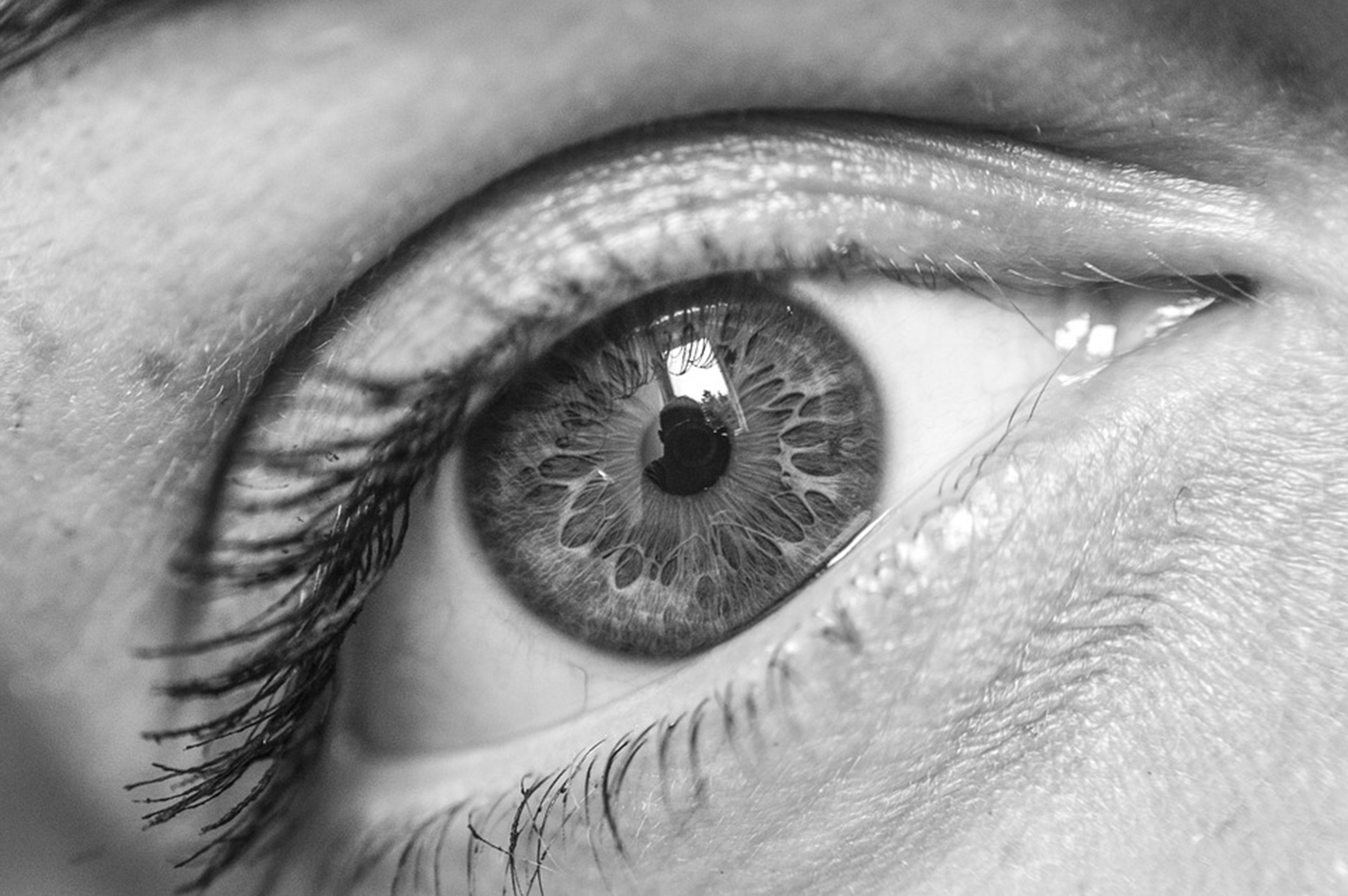
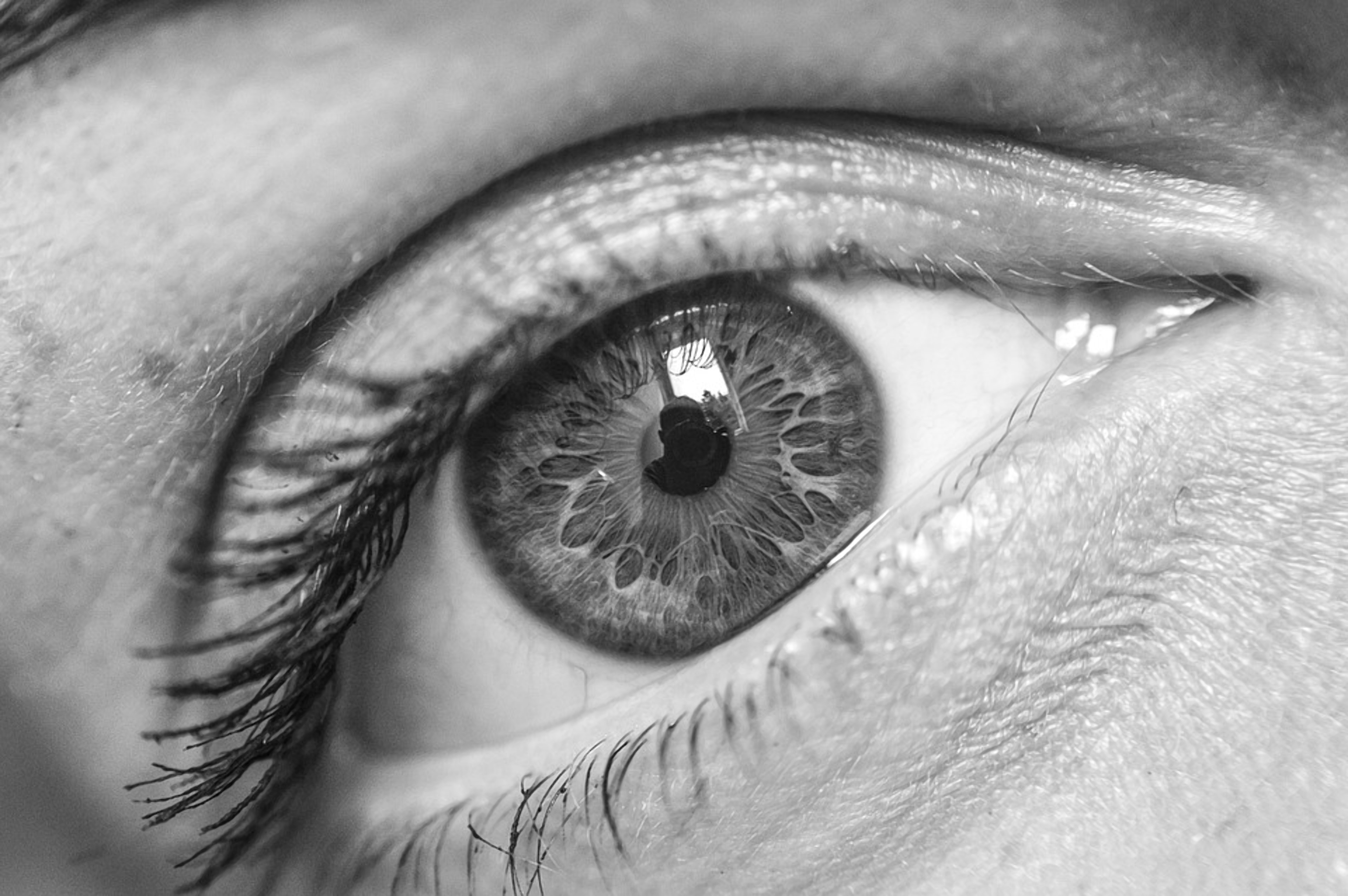
In the gallery embedded above are four images with descriptions detailing the settings used. The first is the low-resolution original at 960 x 638 pixels. The second image was processed using Topaz Labs' Gigapixel AI software, one of the most popular tools for upscaling pictures and upscaled to 3480 x 2552 (I tried to approximate 4K resolution as much as possible whilst keeping the aspect ratio). Third is the final output image from the AMD FSR image upscaler and the one you should compare with the base and Topaz Labs' result. The fourth image is the same base image but upscaled with a generic bilinear upsampling. The fifth image is the AMD FSR result after the EASU pass but before the final (RCAS) pass.
Get Tom's Hardware's best news and in-depth reviews, straight to your inbox.
Clearly, Gigapixel AI presents a much clearer and more impressive upscale. You can see the higher detail on the limbal rings in the eyes. The image is also less noisy. The AMD FSR image breaks this smooth transition, and you can see the upscale artifacts (multiplied by the RCAS pass; they're already present after the upsampling pass) in the AMD FSR image.
But AMD's effort is still a good one, as you can tell if you compare it to the bilinear upsample. Comparatively, the image that uses AMD FSR has more preserved detail in the eyes, the bokeh is much smoother and the sharpening looks much better too.
Via its GPUOpen initiative, AMD is providing a free image upscaling technique that outputs a very respectable image, despite it being unwieldy to have to use the command line. Giving enthusiasts a way to use advanced upscaling on their own images truly speaks to the differences between proprietary and open-source solutions.

Francisco Pires is a freelance news writer for Tom's Hardware with a soft side for quantum computing.
-
HyperMatrix In other news breaking news, it was revealed that tech website Tom’s Hardware hasn’t heard of sharpening filters before.Reply -
mikewinddale Is anyone else having trouble compiling this in Visual Studio 2019? I open CMakeLists.txt and I get about half a dozen different errors.Reply -
davie887 Amazing. Who'd have thought image upscaling technology designed to be run on GPUs during game play would be inferior to dedicate photo sharpening tools.Reply
In other news, the sky is up. -
-Fran- Strange how much "bad press" FSR is getting as of late. Specially from TomsH, a site that published the "just buy it" for the nVidia RTX2K series. Is there some sort of balance in this equation? Can you even use DLSS for photo editing? Or you like the CUDA-monopoly?Reply
"Hit me daddy, hit me".
Regards.